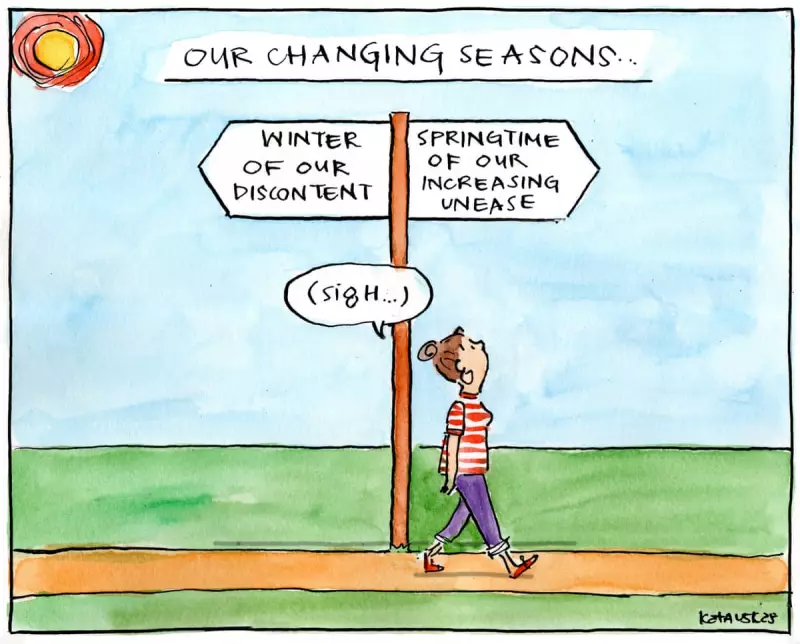
Have you noticed a distinct lack of bounce in your daily stride? That energetic pep, once taken for granted, seems to have vanished for many. This isn't just a feeling; it's a phenomenon backed by emerging observations, and it points to a deeper connection between our physical movement and mental state.
The simple act of walking—how we place our feet, the rhythm of our pace—is a surprisingly accurate barometer of our inner wellbeing. A sluggish, heavy gait often mirrors a burdened mind, while a light, springy step frequently indicates a brighter mood and lower stress levels.
The Vicious Cycle of Slowing Down
When we feel low or anxious, our physical energy plummets. We move slower, our posture droops, and we shuffle rather than stride. This physical manifestation of mental fatigue then creates a feedback loop: moving listlessly can actually make us feel worse, reinforcing feelings of lethargy and apathy.
Reclaiming Your Spring: A How-To Guide
The good news is this cycle can be broken. You can consciously use your body to influence your mind. Here’s how to jumpstart a more positive feedback loop:
- Posture Check: Roll your shoulders back and lift your chin. This simple act can instantly make you feel more confident and engaged.
- Focus on Rhythm: Instead of a slow plod, try to establish a steady, purposeful rhythm. Listen to the sound of your footsteps.
- Short, Brisk Bursts: Incorporate two-minute bursts of faster walking into your day. This doesn’t require a gym kit or a change of clothes—just a decision to move with intent.
This isn't about becoming a power-walker overnight. It's about mindfulness. Paying attention to how you are moving is a form of meditation in itself, pulling you out of your head and into your body.
A Step Towards a National Conversation
On a broader scale, the collective loss of our 'spring' is a subtle but powerful indicator of the nation's mental health. Recognising this link is the first step toward addressing it, both individually and as a community. Perhaps the most immediate and accessible therapy is right there, at the end of our legs.





